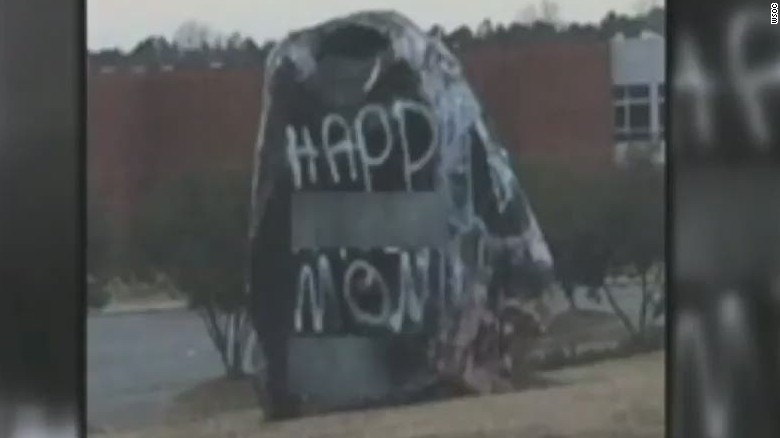

It would only happen at big competitions, right before we were due to start the match. I remember in fencing competitions other coaches would ask to see proof I was wearing a head covering for religious reasons. You're being really mean, but I'm just wondering if it's because of my hijab or because of my race?’ In those moments, I don't stop and ask someone: ‘Hey, quick question. "As someone who lives at the intersection of my ethnic and religious identity, I never really know where the discrimination stems from. Maya Angelou once put it: “People will forget what you said, people will forget what you did, but people will never forget how you made them feel.” Read Stories From.Īthletes | Activists, Advocates, Politicians | Artists, Creatives, Entertainers | Writers and Journalists | Scientists and Doctors | Educators and Community Leaders | Businesswomen and Entrepreneurs To encourage this conversation, Oprah Daily is sharing the stories of 100 women of color who experienced racism at a young age-and are still feeling the impact today.Īs Dr. But traumatic experiences don’t have to reside with us all the time if there’s an opportunity to talk to someone who can help us process.

“That’s very real and that’s at every stage-for young people and adults. “There is data that suggests that stress associated with experiencing racism actually causes people to be physically ill,” notes Benton. We also know that, both emotionally and physically, words can hurt you-especially racist ones. They begin to recognize sameness and make decisions about situations based on the experience of race.” Benton also notes how quickly adolescents can “internalize negativity about themselves which can shape their development for many, many years to come.”
/cdn.vox-cdn.com/uploads/chorus_image/image/55758897/usa_today_10159212.0.jpg)
By the time kids are two, they start selecting playmates that look like them.

Tami Benton, the Psychiatrist-in-Chief at the Children’s Hospital of Philadelphia, “Children as early as 3 months old start to prefer faces that look like their mother. Racial discrimination can take root at an early age. If we don’t acknowledge the power words can carry and let racism hover over everything from our dinner tables to our children’s schoolyards, future generations of color will continue to bear the burden of witnessing race-based violence. It’s hard to escape the unrelenting consequences of racism: In the past year alone, we lost Breonna Taylor, George Floyd, Ahmaud Arbery, and the six women of Asian descent murdered in Atlanta (Xiaojie “Emily” Tan, Daoyou Feng, Suncha Kim, Yong Ae Yue, Soon Chung Park, Hyun Jung Grant) at the hands of this insidious disease-and those are just the names that were in the headlines. But now that I’m well into adulthood, I think about the girls of color who are also being taught to pretend that words don’t hurt-and the people this way of thinking actually protects. It was a coping mechanism meant to guard my heart from the cacophony of discriminatory comments that shaped me as a young Korean American girl growing up in predominantly white spaces. This was a mantra I picked up on the playground at elementary school-something I repeated over and over again anytime I came face to face with racism. S ticks and stones may break my bones, but words will never hurt me.


 0 kommentar(er)
0 kommentar(er)
